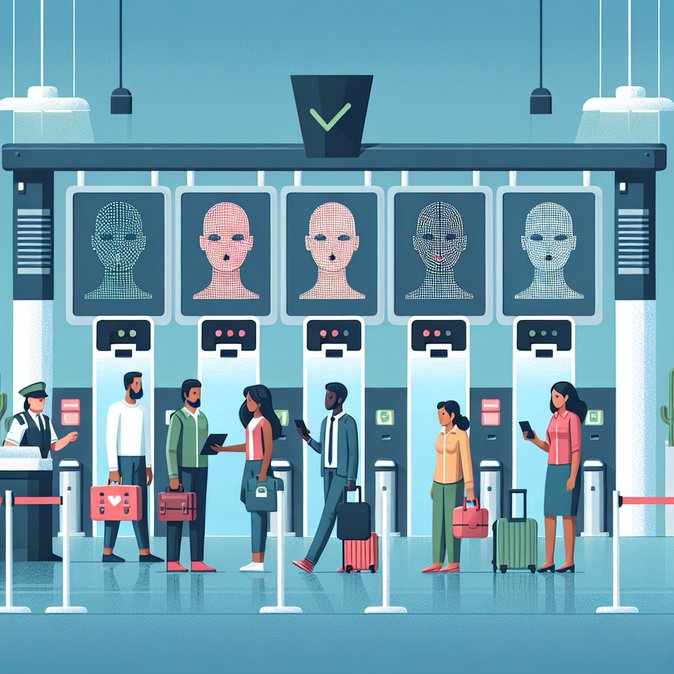
A Washington Post investigation published early Monday documents how stepped-up Immigration and Customs Enforcement operations—in some cases mere blocks from elementary and high schools—have sent attendance rates plummeting in Charlotte and at least nine other metropolitan districts. Following a November 15–19 sweep that netted more than 250 arrests in North Carolina, the Charlotte-Mecklenburg School District reported absences of more than 30,000 students the next day, a 14-point drop from its norm. Similar patterns have appeared in California, Illinois and New Mexico, where community groups have launched "safe-passage" caravans and hotlines to protect children from perceived enforcement threats.
Although DHS denies targeting school zones, educators told reporters that the proximity of raids has traumatized students—including U.S. citizens—forcing administrators to divert resources toward counseling, attendance outreach and emergency protocols. The operational shift stems from President Trump’s January rescission of guidance that had treated schools as sensitive locations.
![ICE Raids Near Schools Spark Attendance Crises and Workplace Concerns]()
For employers, the ripple effects extend beyond classrooms. Parents fearing detention may avoid driving, leading to unexpected absenteeism in low-wage sectors; some companies in affected zip codes are quietly arranging ride-share vouchers and flexible schedules. Meanwhile, university international-student offices worry that aggressive enforcement could chill enrollment and complicate campus mobility for F-1 dependents.
Advocates and 75 House Democrats have urged Education Secretary Linda McMahon to push DHS to reinstate sensitive-location protections. Until policy clarity emerges, businesses with large immigrant workforces—especially in logistics and food services—should monitor local enforcement patterns and provide HR hotlines so employees can report disruptions confidentially.
Although DHS denies targeting school zones, educators told reporters that the proximity of raids has traumatized students—including U.S. citizens—forcing administrators to divert resources toward counseling, attendance outreach and emergency protocols. The operational shift stems from President Trump’s January rescission of guidance that had treated schools as sensitive locations.

For employers, the ripple effects extend beyond classrooms. Parents fearing detention may avoid driving, leading to unexpected absenteeism in low-wage sectors; some companies in affected zip codes are quietly arranging ride-share vouchers and flexible schedules. Meanwhile, university international-student offices worry that aggressive enforcement could chill enrollment and complicate campus mobility for F-1 dependents.
Advocates and 75 House Democrats have urged Education Secretary Linda McMahon to push DHS to reinstate sensitive-location protections. Until policy clarity emerges, businesses with large immigrant workforces—especially in logistics and food services—should monitor local enforcement patterns and provide HR hotlines so employees can report disruptions confidentially.


